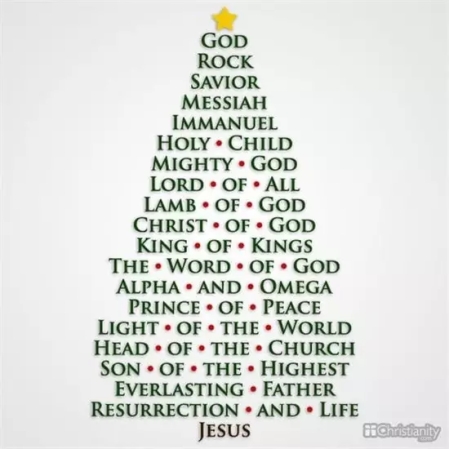When we think about Jesus, when we start to contemplate the crib, we explode into joy over what we have seen. We inaugurate a convincing of His second coming. You might say that we suddenly adjust to a Jesus who just drops in on us.
“And when Christ, who is your life, is revealed to the whole world, you will share in all his glory.”
Col. 3:4, NLT
Jesus anticipates that His visits to earth, will start to bear fruit. There will be many who will be validated to step up into this place of salvation. But many of us will be part of many others who are involved in this sharing. Jesus has come, and all of us enter into something quite exceptional.
But this is all a future event, it hasn’t happened yet, but we do think about when He will return. But this is not an occasional, fleeting awareness. But we are confident we do understand that His return alters everything. All of a sudden, we are launched into real and eternal promises. These critical assignments coming from this world, will never take the place of being in God‘s purposes.
Paul is wrapped up with a deep and profound understanding of things that are on the threshold. He is the apostle of the aware. He seems to sizzle with understanding that progresses out of his initiative and creative effort.
But Paul develops, after he sees, a careful sense of certain things that are moving. But he knows what He has seen, and he insists that others join him in this.
This is why we must procure this awareness. To operate in the realm of Paul will be worth our weight in “celestial gold.” Things are rich and fecund, and they wait in a exceptional awareness. As Paul follows, so we follow. In the Heavenly places, we are being counted as being faithful and quite true.











